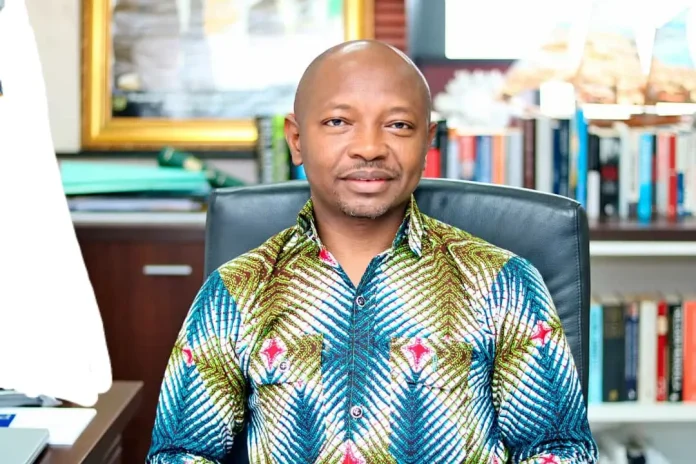Former Member of Parliament for Kumbungu, Ras Mubarak, has sharply criticized Education Minister Haruna Iddrisu’s directive banning long hair in Senior High Schools, arguing that grooming restrictions do little to address corruption or shape responsible citizens. The former legislator questioned the ministry’s priorities in a social media post on Sunday, suggesting officials should focus on substantive educational reforms rather than student appearance.
Education Minister Haruna Iddrisu declared at Mawuli School’s 75th anniversary celebrations on Saturday that schools exist to mould character, not host beauty contests, empowering the Ghana Education Service and headmasters to strictly enforce grooming standards. His comments followed heated social media debates triggered by a viral video showing a distraught female student crying at a barber shop before her first day at Yaa Asantewaa Senior High School.
Ras Mubarak challenged the logic behind the directive, asking how keeping students’ hair short would prevent them from becoming double salary takers or corrupt politicians. He contended that schools should prioritize teaching civics, patriotism and community service as more effective methods for shaping values and behaviors.
The former parliamentarian expressed concern about what he described as nauseating corruption in public service, lack of accountability and a complete breakdown of patriotism. In his view, the ministry should concentrate on encouraging students to develop keen interest in science and mathematics through competitions and awards programs, improving teacher wellbeing, providing proper supervision of educators especially in rural areas, and creating safe, conducive learning environments.
Mubarak argued that increased attention to civics education and building a country of disciplined, patriotic and intellectually sharp students would more effectively mould young people into responsible, successful adults. He characterized the focus on hair length as perfunctory gestures rather than substantive educational policy.
The minister had stated that accepting long hair today would lead to demands about shoes tomorrow and dress codes the next day, justifying the strict enforcement as necessary for maintaining disciplinary standards. He empowered school administrators to take full control of student behavior on campuses.
The debate reflects broader tensions in Ghana’s education sector between traditional disciplinary approaches and more progressive perspectives on student rights and personal expression. Similar controversies have emerged periodically over grooming standards in Ghanaian schools, particularly regarding female students and natural hair.
Education policy experts note that the discussion touches on fundamental questions about the purpose of schooling, the balance between institutional authority and individual autonomy, and what truly constitutes character development in young people. Some argue that rigid appearance rules teach compliance rather than critical thinking or ethical reasoning.
Supporters of strict grooming policies contend that uniformity promotes equality among students, prevents class based divisions, and teaches discipline. They point to practical considerations in boarding schools where maintaining elaborate hairstyles consumes time and resources that could be devoted to academics.
Critics counter that forcing students to cut natural hair, particularly for young women, can damage self esteem and cultural identity. They argue that character formation requires teaching values like integrity, empathy and civic responsibility rather than enforcing superficial conformity in appearance.
The minister also warned against teacher misconduct during his Mawuli School address, stating that the Ghana Education Service would impose heavy sanctions on any educator who abuses or takes advantage of learners. This aspect of his speech received less attention than the hair policy comments.
Ras Mubarak, who served as Kumbungu MP from 2013 to 2021, has occasionally clashed with Haruna Iddrisu on policy priorities. The former legislator has advocated for focusing education resources on improving learning outcomes and teacher conditions rather than enforcement of appearance regulations.
The ongoing debate comes as the Mahama administration seeks to implement its Free Senior High School policy review, establish sustainable funding mechanisms and phase out the controversial double track system. Education Minister Iddrisu, appointed in January 2025, has made school discipline and administrative accountability priorities during his early tenure.
Public reaction on social media has been divided, with some praising the minister’s stance on discipline while others echo Mubarak’s concerns about misplaced priorities. The controversy highlights continuing disagreements about balancing tradition with progressive education reforms in Ghana’s rapidly evolving school system.
Source: newsghana.com.gh











